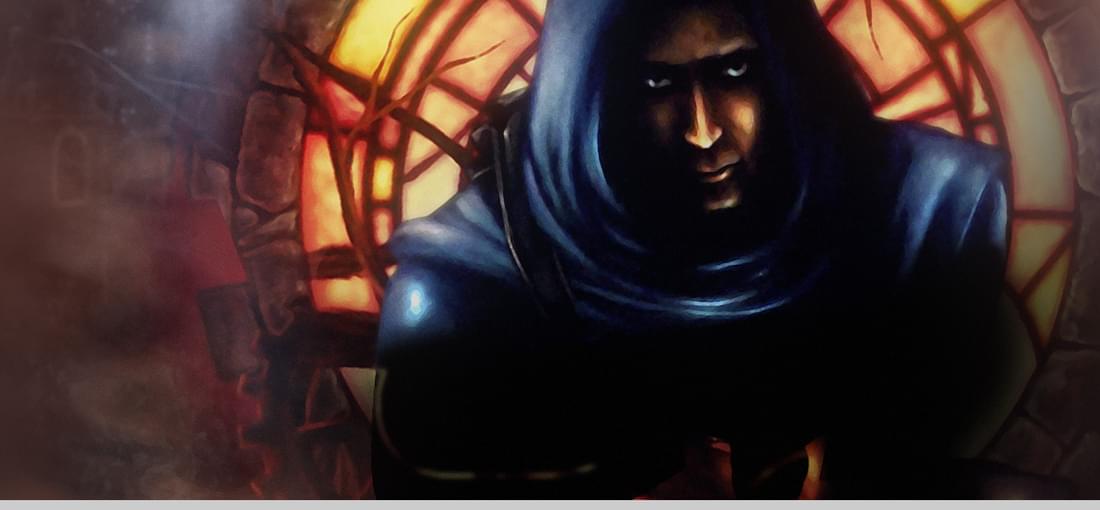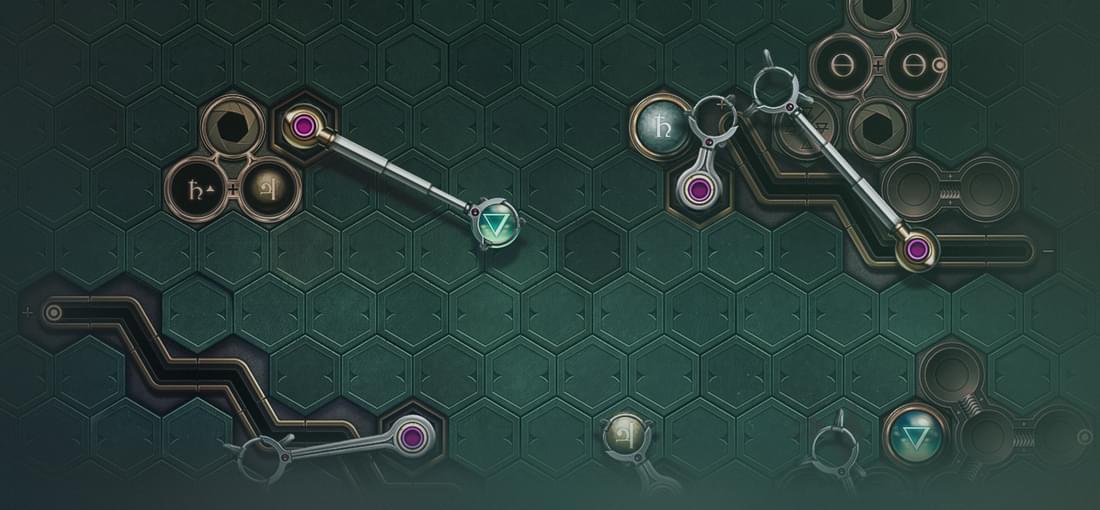


I wish I had played Thief when it was new, but this review isn't critical because of the game's age. Once patched, it does not suffer from any of the usual issues with old video games -- if anything, it benefits from a truly unapologetic approach to stealth gameplay that has been abandoned in recent years in favor of playability. This game is hard, and that is great. But I wish its creators had had more courage in their convictions and more faith in their content. The first mission is a classic. Infiltrate the manor, avoid the guards, pickpocket keys, find the scepter, blackjack the guard, and escape, doing it all again only in reverse (if you're playing on higher than Normal difficulty). The format for an introductory stealth mission hasn't changed much since the original Thief. It just works. But then, immediately thereafter, you are tossed into an abandoned mine filled with zombies. Zombies. In a stealth game. It doesn't work in Metal Gear Solid V and it doesn't work here. By the end of the mission you are back in familiar territory, dodging (randomly!) patrolling guards and completing traditional jailbreak objectives, but the damage is done. Third mission starts in a mausoleum. You guessed it, more zombies. Then bile-spewing lizards? At the end of the day, I just find the built-in campaign in Thief boring. I appreciate the well designed stealth mechanics, atmospheric levels, and deep lore, but I don't understand why I am bothering to hide, and that is painful. I think the designers did a great job with the limited memory they had available, but levels still often boil down to finding the long linear route with few enemies or toughing out the short linear route with many enemies. There are thousands of fan-created levels that take what Looking Glass created and polish it to a lustrous, unreflecting black, and the game is worth a look just for those, but I am heartbroken to find that the out-of-the-box experience in Thief is fairly dull.

I was solidly impressed with Tokyo Xanadu eX+ from start to... okay, almost to finish. In the last few hours of the game make extensive use of the "our princess is in another castle" trope, and after 75 hours of gameplay, ain't no one got time for that. If the game had been 3 hours shorter it would have ended right in the sweet spot. A near miss. The rest of the game is a blast. It is obviously an attempt by Falcom to cash in on some of that sweet sweet Persona market penetration, but it works. It's not a substitute for Persona if you love Persona, but as someone who played Persona 3 FES and loved it, then bought and played 15 minutes of Persona 4 before groaning, "Oh gods, I can't do this all over again," TXeX+ was perfect. The combat is dynamic and moderately tactical without being difficult for the sake of difficulty, although I imagine the higher difficulties can get challenging. It looks like they mostly consist of narrowing item usage limits, which suggests that the tactics are broadly the same at all tiers. Easy mode is perfect for those who just want to experience the story. As with all modern JRPGs, there are too many systems to keep track of, but I found the net result manageable after some practice, which was a pleasant surprise. What TXeX+ isn't is a simulation-like experience, in that it doesn't make you play every day out of a year. I see this as a plus. It has a robust narrative that progresses daily when daily progression makes sense and weeks at a time when that is appropriate. The trade off for this is that developing social bonds with your companions is not as robust as it is in a Persona game -- there are story and gameplay rewards for doing so but the narrative does not adapt to your choices and the question of romance is... well, no spoilers. It is handled differently than it is in a Persona game. Two thumbs up. It's rare to have such a universally positive experience with a game, these days. Wholly recommended.

I have lost many, many hours this week to playing Opus Magnum. It's hard to feel bad about it; it feels like time well spent, expanding my critical thinking and problem solving capabilities. If you like construction, programming, and problem solving games, you owe it to yourself to check out Opus Magnum. The interface lacks some quality-of-life polish, but every puzzle after the tutorial is free build -- you begin from dead scratch. It's extremely compelling, and the graphics are simple but beautiful in a clean, industrial way. The game also has a more traditional color-matching solitaire board game imbedded in it, My only complaint with the gameplay -- and I do mean /only/ -- is that the programming interface appears to almost have been an afterthought -- it takes up a tiny fraction of the screen, which makes it impossible to see more than a small portion of any program at any time. The keyboard controls are excellent and intuitive but the copying and pasting functionality is not. It would have been nice to simply have the grid numbered so that you can keep your place while programming long strings, but even this was overlooked. That said, it does not even come close to ruining what is otherwise a truly excellent piece of software. I hope to be able to stop playing someday. Perhaps tomorrow.